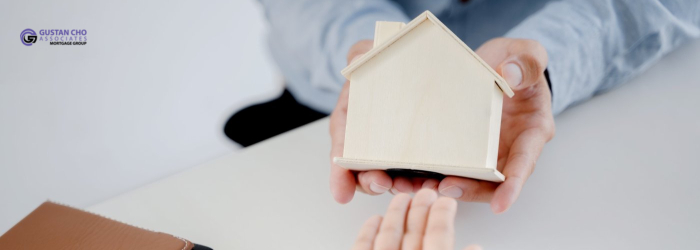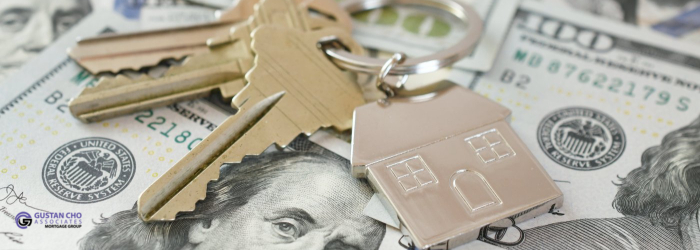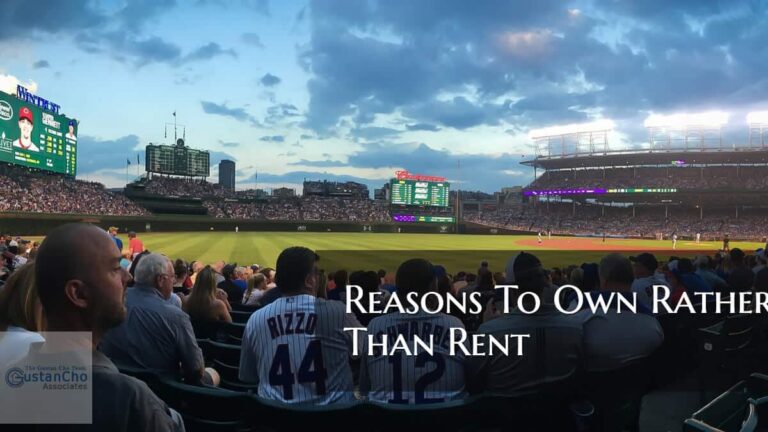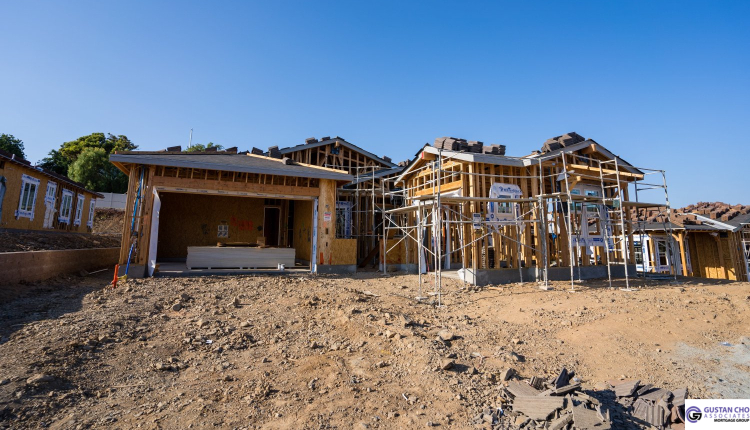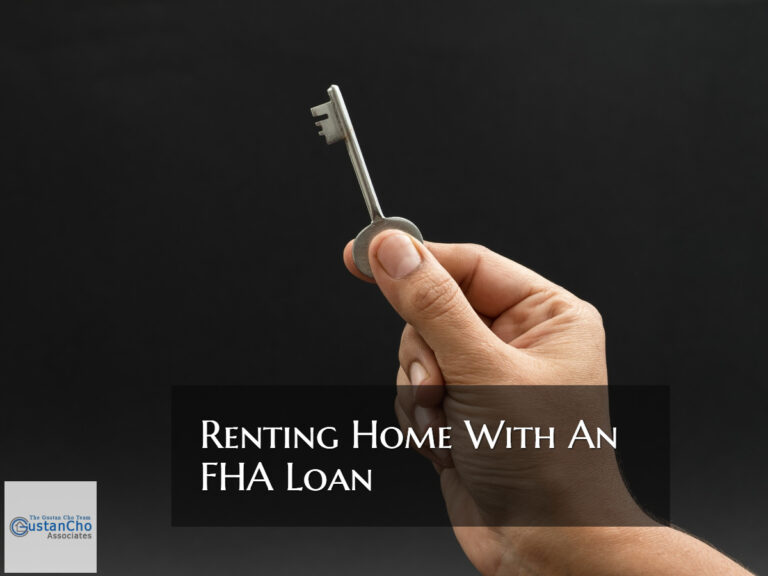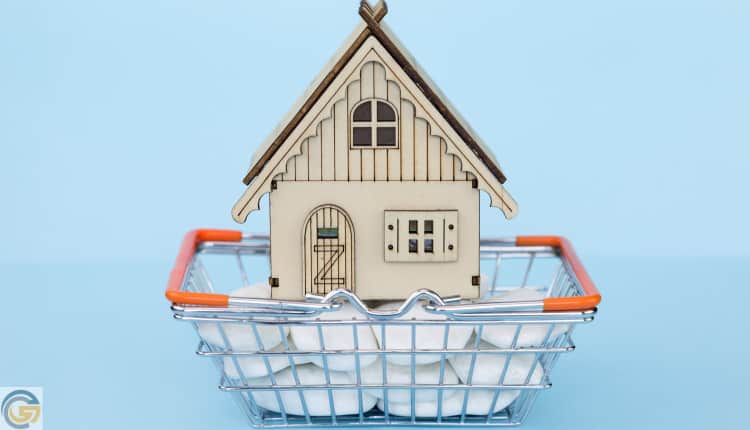Seller Concessions For Homebuyers Closing Costs
This article will cover seller concessions for homebuyer’s closing costs on a home purchase. There are two types of costs for a home purchase. The down payment and closing costs. The down payment is a fixed percentage of the home purchase price. The amount of the down payment depends on the particular mortgage program. For example, HUD requires a 3.5% down payment on a home purchase FHA loan.
Borrowers can qualify for FHA loans with credit scores down to a 500 FICO with an approve/eligible per automated underwriting system (AUS). However, per HUD Agency Guidelines, borrowers under 580 FICO and down to a 500 credit score need to put a 10% versus a 3.5% down payment on a home purchase.
VA and USDA loans do not require any down payment on a home purchase. Lenders offer 100% financing on VA and USDA loans at low rates due to the government guarantee. Fannie Mae and Freddie Mac require a 3% down payment for first-time homebuyers on conventional loans. A first-time homebuyer is a homebuyer who did not have any property owner in the past three years. Otherwise, a 5% down payment on a home purchase is required on conventional loans. Seller concessions for buyers’ closing costs can cover most homebuyers’ closing costs.
Most Homebuyers Pay For Closing Costs With Seller Concessions
If home buyers are short on closing costs with a seller concession, lenders can give buyers lender credit in lieu of higher interest rates.
Homebuyers must come up with a down payment and closing costs on the home purchase. VA Loans and USDA loans do not require a down payment but do require closing costs. Besides the down payment on the home purchase, all borrowers will have closing costs on purchase and refinance loans.
Closing costs are not fixed. Closing costs depend on various factors. Closing costs depend on the type of loan, type of property, type of occupancy, loan size, the area where the property is located, and other factors.
Examples Of Closing Costs For Home Purchase
Closing costs on a home purchase are the following:
- Appraisal fees
- Attorneys fees
- Title charges
- Recording Fees
- Transfer Stamps
- Home inspection fees
- Prepaid closing costs, which are upfront escrows for taxes and insurance
- Other fees can accumulate thousands of dollars
How Much Are Closing Costs
Closing costs vary depending on where the real estate purchase transaction takes place. The down payment is a fixed percentage. However, closing costs vary from county to county and state to state.
Every county and state has different transfer stamps, intangible tax fees, and recording charges. Even if home buyers have the funds to cover closing costs, why not keep those funds for reserves for future remodeling or repairs?
Have closing costs covered with seller concessions and lender credit? One of the most common and popular ways of covering all closing costs is through seller concessions for buyers’ closing costs.
What Is Seller Concessions For Buyer’s Closing Costs
Seller concessions for buyers’ closing costs allow the home seller to contribute towards the closing costs of the home buyer the home seller on a home purchase. Every loan program has different seller concessions a home seller can give a home buyer.
FHA loans allow up to 6% seller concessions toward closing costs. For example, if the seller wants a net amount of $100,000 for the bottom line when he closes on his house, the purchase contract can be for $106,000 with a $6,000 seller concessions towards closing costs. A home buyer will not have to come up with closing costs by structuring the deal.
The seller concessions can be applied to closing costs such as title charges, upfront mortgage insurance premiums, attorneys fees, appraisal fees, transfer stamps, and other third-party closing costs.
Down Payment Versus Closing Costs on Home Purchase
Seller concessions for buyers’ closing costs cannot be used towards the home buyer’s down payment. Any overages of seller concessions need to go back to the home buyer. The home seller cannot give a cash kickback to the home buyer. Try negotiating the best purchase price possible with the seller of the home. Seller concessions are a great negotiation tool for home sellers.
Maximum Seller Concessions For Buyers Closing Costs Allowed
Every loan program has the maximum seller concessions allowed. Conventional loans allow up to 3% of seller concessions for primary and second home financing. Up to 2% seller’s concession for investment home financing on conventional loans.
VA loans allow up to 4% in seller concessions for buyers’ closing costs. Most Jumbo Loan Programs will allow for 3% seller concessions.
Most NON-QM Loans and Bank Statement Loans allow up to 6% Sellers Concessions. However, it is up to the non-QM wholesale lender on the maximum seller concession they will allow.
Seller Concessions Overages
Any seller concessions overages need to go back to sellers. However, it is alright to have seller concession overages because any overages can go towards buying points to pay down mortgage interest rates. In the above example, here is a case scenario. If a buyer offered a seller $106,000 for the home and requested a $6,000 seller concession. The closing costs totaled only $4,000. The $2,000 leftover seller concessions go straight back to the seller.
A seller cannot give buyers the excess proceeds of a seller concessions. So remember not to waste the seller’s concessions.
Leftover seller concessions can be used to buy discount points. Discount Points are when a borrower pays the lender for a lower interest rate.
What Is Lender Credit
Mortgage Lender Credit is when a lender gives credit to the borrower to cover closing costs in lieu of higher interest rates. The higher interest rate will remain for the term of the loan. It is best to get a lower interest rate and not get a lender credit.
Homebuyers can use a combination of seller concessions and lender credit to cover their closing costs. Lender credit is offered by the lender in lieu of higher mortgage rate. Lender credit cannot be used for the down payment and is only allowed for closing costs.
If you have any questions about the contents of this blog and other mortgage-related topics, please get in touch with us at FHA Bad Credit Lenders at 800-900-8569 or text us for a faster response. Or email us at gcho@gustancho.com. The FHA Bad Credit Lenders team is available seven days a week, evenings, weekends, and holidays.
This article was updated and revised on January 28th, 2023


